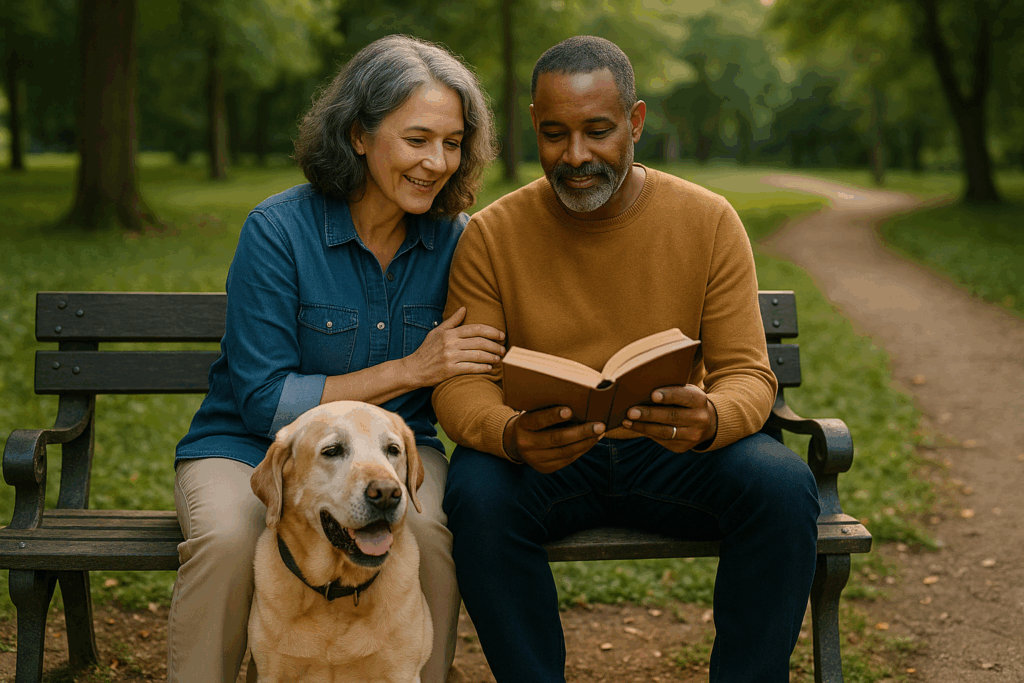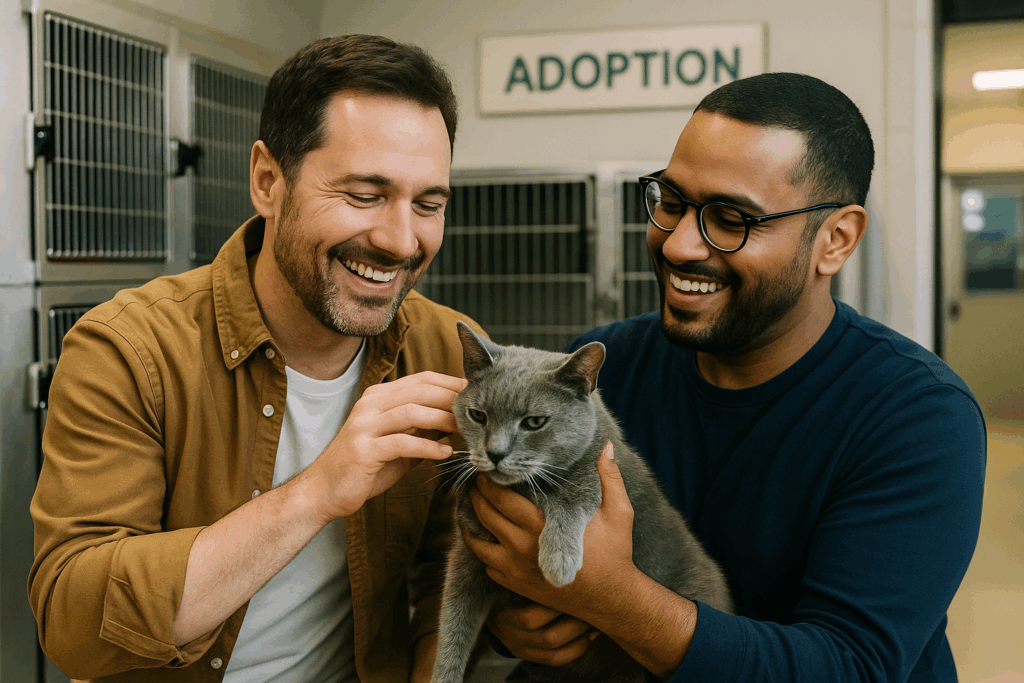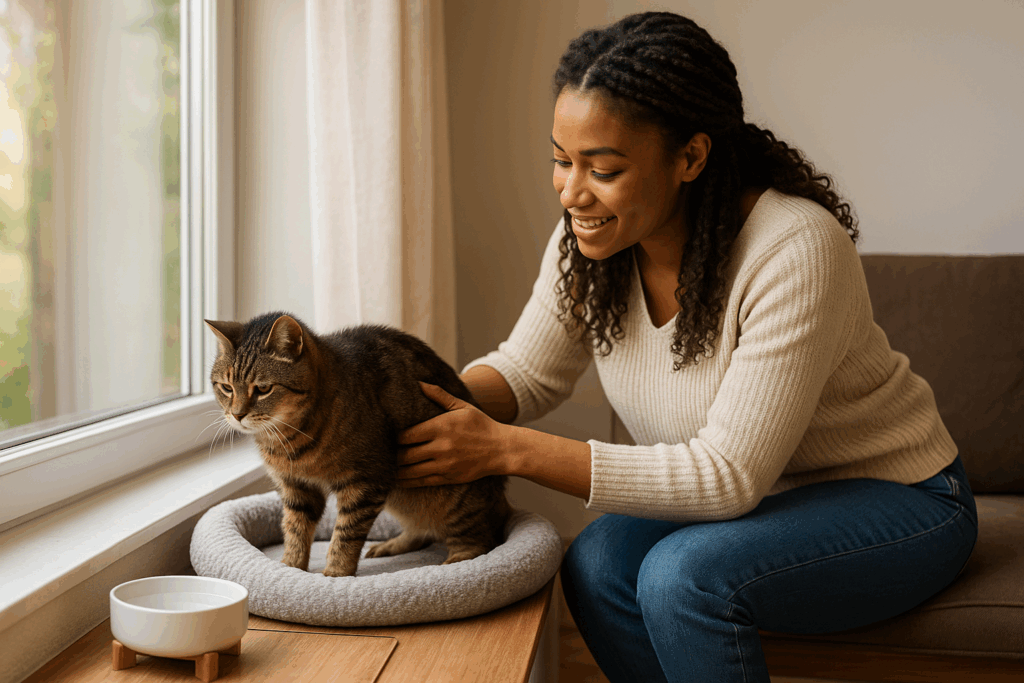Kittens and puppies might draw the most attention at shelters, but senior pets offer something truly special: the gift of experience, calm companionship, and deep, lasting affection. Adopting an older animal isn’t just an act of kindness—it can be one of the most rewarding decisions a pet lover ever makes. From their mellow temperaments to their readiness to bond, senior pets bring a unique kind of joy to any home.
Why Older Pets Make Great Companions

Senior pets often come with a peaceful presence that can be a welcome contrast to the high energy of younger animals. They’re typically house-trained, understand basic commands, and have already grown out of the chewing, scratching, or late-night zoomie phase. This makes them an excellent match for people seeking a low-maintenance yet loving companion.
Beyond practicality, older pets offer a kind of emotional maturity. Many have lived full lives with previous families, and when given a second chance, they tend to show immense gratitude and loyalty. Adopters often describe a strong, almost immediate connection—one rooted in mutual appreciation and a desire for comfort and companionship.
The Hidden Joys of Senior Adoption

Choosing a senior pet is more than an act of rescue; it’s an invitation to experience a different kind of joy. These animals often crave connection and settle quickly into new homes. Whether curling up beside you during a quiet evening or following you from room to room, their affection is consistent and heartfelt.
Adopting an older pet can also be incredibly meaningful. You’re not only giving them a second chance—you’re making their final years truly golden. For many adopters, this knowledge brings a profound sense of purpose and fulfillment. It’s a bond built not just on time, but on intention.
Supporting Their Health and Comfort

Caring for a senior pet does come with some unique needs, but with a little preparation, it’s manageable—and incredibly rewarding. Regular vet checkups, a balanced diet formulated for their age, and joint-friendly exercise routines are key. Many older pets thrive with simple daily walks, cozy bedding, and gentle play.
Some may have medical conditions, but advances in pet health care mean that many of these are easily managed with medication or lifestyle tweaks. It’s also a good idea to pet-proof your home for senior needs—think non-slip rugs, accessible food and water bowls, and orthopedic beds.
Just like humans, aging animals need a bit more support, but the return on that investment is immeasurable. Your effort helps them thrive, and they repay it with trust and unwavering affection.
Making the Transition with Patience and Love
Bringing home a senior pet requires a little patience as they adjust to their new environment. Start slow—give them time to explore their new surroundings and build trust. Keep a consistent routine, offer lots of praise, and make their space comfortable and quiet.
If they seem hesitant at first, that’s okay. Some older pets have been through loss or instability, and it may take time for them to feel secure. With gentle encouragement, most will begin to open up—and once they do, the bond can be incredibly strong.
Training isn’t off the table, either. Many senior animals are quick learners and happy to engage in new routines, especially when treats and affection are involved. It’s never too late for a pet to thrive—and never too late to be loved.
